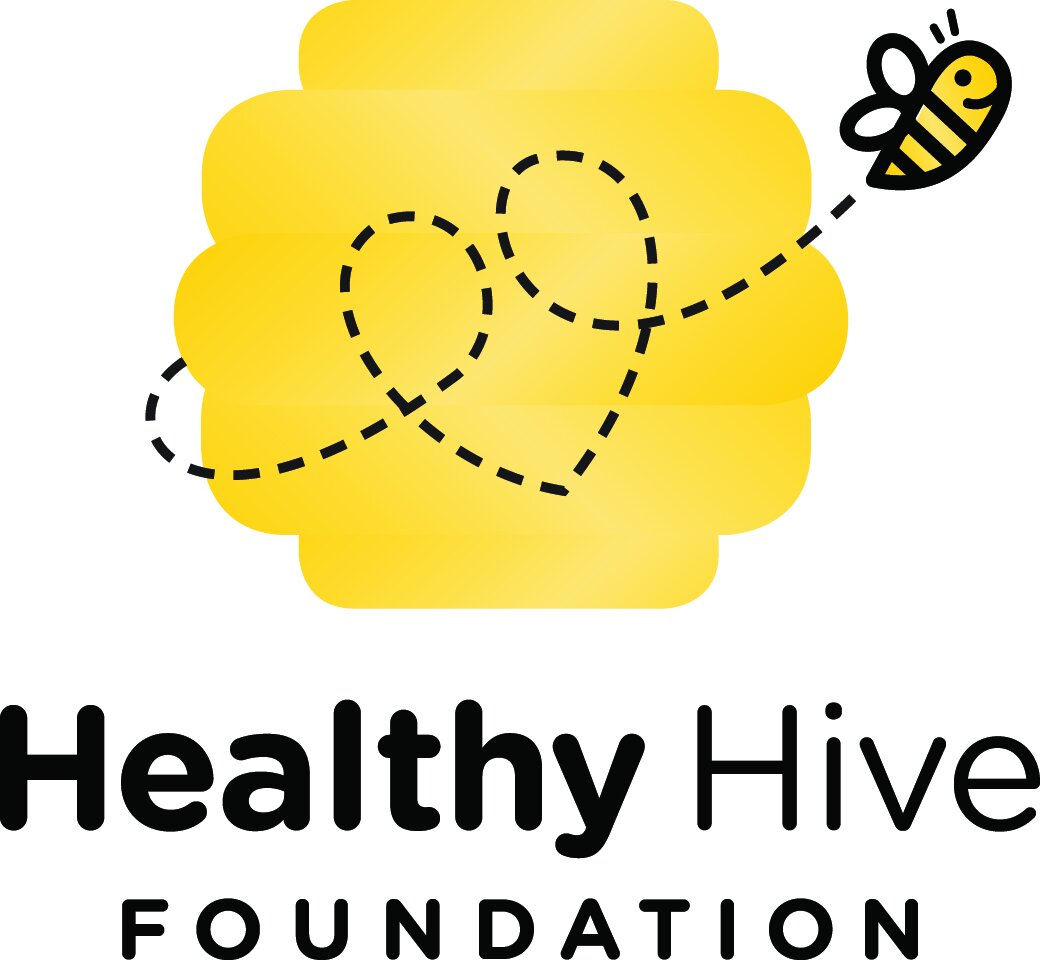First Insect Vaccine!
In October 2022, a study published in the Frontiers in Veterinary Science journal reported on the first insect vaccine! With honeybee populations declining from factors such as climate change and extreme weather, pesticides, and an increase in diseases, scientists are finding ways to help protect colonies. This vaccine was created in efforts to stop a fatal bacterial disease in honeybees called American Foulbrood (AFB) infection. AFB is caused when young honeybees ingest the spores of Paenibacillus larvae, a bacteria, which then take root in their gut and produce quickly multiplying rod structures that invade the blood and body tissues of the bee larva. This can be so devastating to colonies because new Paenibacillus spores form and can easily infect the bees that come to clean up the former larvae honeycomb cells. AFB can also accidentally be spread by beekeepers who use contaminated equipment or honey with the bees. Some professionals even suggest that at least 50 percent of beehives are infected with AFB globally.
In response, the study tested the safety and effectiveness of an oral vaccine that could increase AFB resistance and be passed on through generations of honeybees. The vaccine was administered to a new queen’s food where its contents could then be delivered to eggs in her ovaries via vitellogenin, a yolk protein that provides nutrients to growing embryos, to protect her larvae. Compared to a placebo, the oral vaccine seemed to decrease the risk of AFB by 30 to 50 percent while not negatively affecting the health of the bee colony. Although more experiments are needed to analyze the effectiveness of this vaccine in the wild, which AFB strains it may protect against, and how long immunity lasts, it could be very promising for honeybee health and the sustainability of our crop pollination.
In a previous Healthy Hive blog post, “Help Save the Bees,” we mentioned that insect pollination supports about 70% of all crop species such as apples, strawberries, and cocoa. In the United States alone, honeybees pollinate one third of all food while also supporting a healthy and diverse environment, producing the commercial honey that so many love, and even creating medical wax. Science that protects the bees also protects our survival and strengthens nature’s resilience.
We thank all those who continue to fight for our pollinators!
